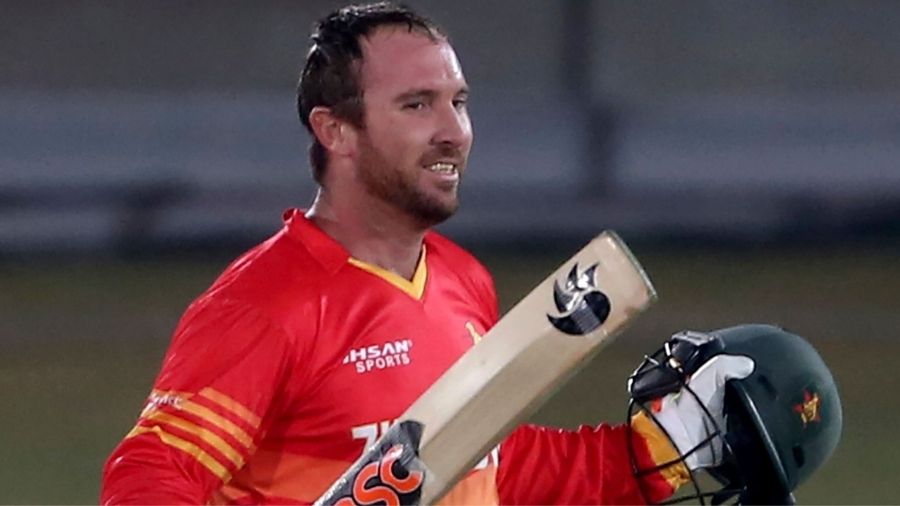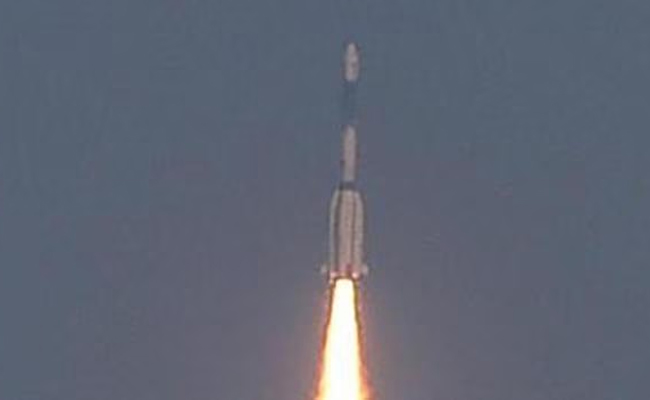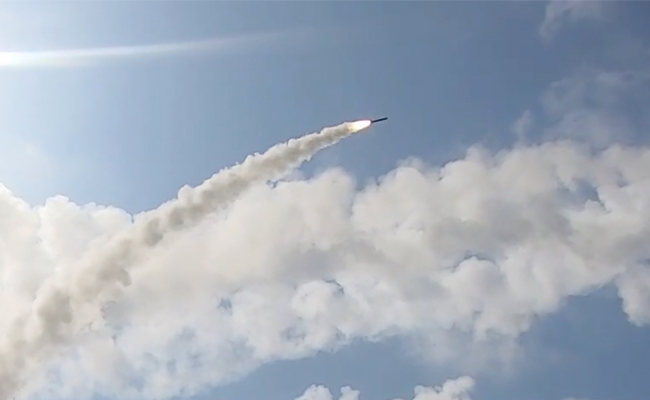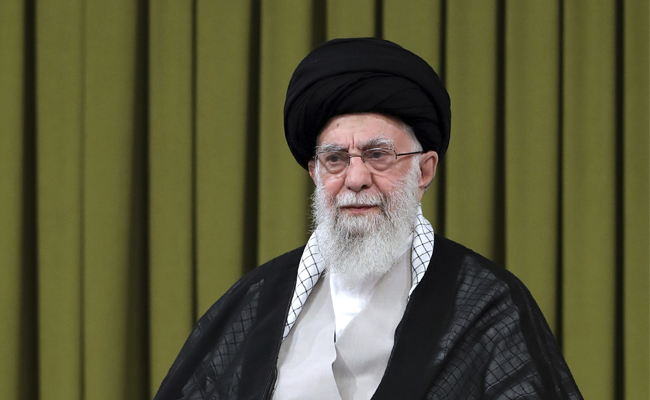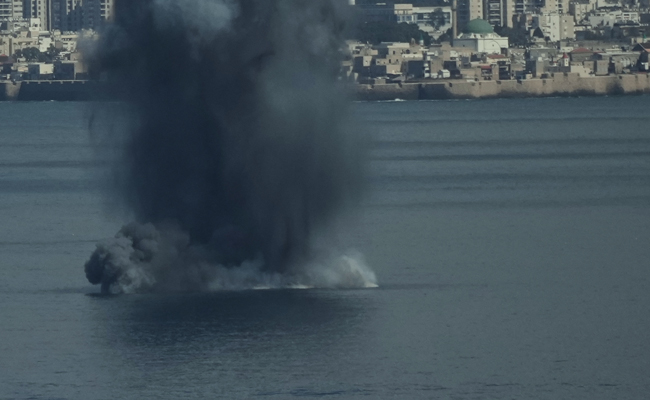New Delhi, Jan 24: Former Zimbabwe captain Brendan Taylor on Monday said is facing a multi-year ban from the ICC for failing to report a corrupt approach by an Indian businessman and also claimed that he was blackmailed after "foolishly" taking cocaine during that meeting.
In a detailed confession on social media, Taylor claimed that he was invited by the businessman to India to discuss "sponsorships" and potential launch of a T20 event in Zimbabwe besides an offer of USD 15,000 in October, 2019. He did not name the businessman in question.
"We had drinks and during the course of the evening they openly offered me cocaine, which they themselves engaged in, and I foolishly took the bait. I've gone over it a million times since and still feel sick to my stomach reliving that night and how they played me," Taylor wrote.
"The following morning, the same men stormed into my hotel room and showed me a video taken of me the night before doing cocaine and told me that if I did not spot fix at international matches for them, the video would be released to the public.
"I was cornered. And with 6 of these individuals in my hotel room, I was scared for my own safety. I'd fallen for it. I'd willingly walked into a situation that has changed my life forever."
The 35-year-old, who played 205 ODIs, 34 Tests and 45 T20s before retiring last year, now expects the ICC to ban him for not reporting the incident back then. The game's governing body is yet to comment on the matter.
"...the timing was such that we hadn't been paid for 6 months by Zimbabwe cricket and it was questionable whether Zimbabwe would be able to continue playing in the international arena," he said while trying to give his reasons for accepting the offer.
The Harare-born cricket said he was blackmailed "post dinner and drinks".
BCCI Anti-Corruption Unit chief Shabir Hussein Shekhadam Khandwawala told PTI, "if the incident happened in India, we would like to know the details and if he has spoken to the ICC, we will seek the details from the global body.
"As of now, no one has contacted us but we would like to know more about the issue".
Taylor said he was also given a part payment to spot fix matches.
"I was handed the USD 15,000 but was told this was now a 'deposit' for spot fixing and that an additional USD 20,000 would be paid once the 'job' was complete.
"I took the money so I could get on a plane and leave India. I felt I had no choice at the time because saying no was clearly not an option. All| knew was | had to get out of there.
"When I returned home, the stress of what had taken place severely impacted my mental and physical health. I was a mess. I was diagnosed with shingles and prescribed strong anti-psychotic medication - amitriptyline."
Taylor decided to report the incident to the ICC four months later and said he delayed it to protect his family.
"The 'businessman' wanted a return on his investment which I could not and would not give. It took me 4 months to report this offence and interaction to the ICC.
"I acknowledge this was too long of a time but I thought I could protect everyone and in particular, my family. I approached the ICC on my own terms and | hoped that if | explained my predicament, my genuine fear for our safety and wellbeing, that they would understand the delay.
"Unfortunately, they did not, but I cannot feign ignorance in this regard. I have attended many anti-corruption seminars over the years and we know that time is of the essence when making reports."
Taylor insisted that he has never been involved in any wrongdoing on the field.
"I would like to place on record that I have never been involved in any form of match-fixing. I may be many things but I am not a cheat. My love for the beautiful game of cricket far outweighs and surpasses any threats which could be thrown my way.
"As a result of approaching the ICC I attended multiple interviews and engagements and was as honest and transparent as I could be during their investigations. Inside and outside I was beating myself up and I still wish I had sought support and advice earlier for a multitude of reasons.
"That being said, the ICC are taking the decision to impose a multi-year ban on my international cricketing career. I humbly accept this decision and only hope that my story will be used as a means of encouragement for cricketers to report any approaches early."
Taylor will also be spending time in a rehab centre to get his life back on track. "And so, I would also like to let you know that on Tuesday the 25th of January I am checking into a rehabilitation centre to get clean and to get my life back on track.
"I have to tell my story now because I know people will want to hear from me. To try and understand what led to this point. But for many weeks I will be away and trying to get better.
"To end I need to let you know I am sorry for those I have hurt. I am sorry for those I have let down," he added.
Let the Truth be known. If you read VB and like VB, please be a VB Supporter and Help us deliver the Truth to one and all.
Dubai: Multiple explosions have been reported in key cities across the Gulf, Al Jazeera reported.
In Dubai, Reuters reported that “several loud bangs” were heard across the city.
In Doha, residents reported at least 11 explosions in the sky above the city, according to Al Jazeera.
Al Jazeera’s Arabic channel reported air raid sirens sounding in Kuwait.
No further details are available at this stage.

